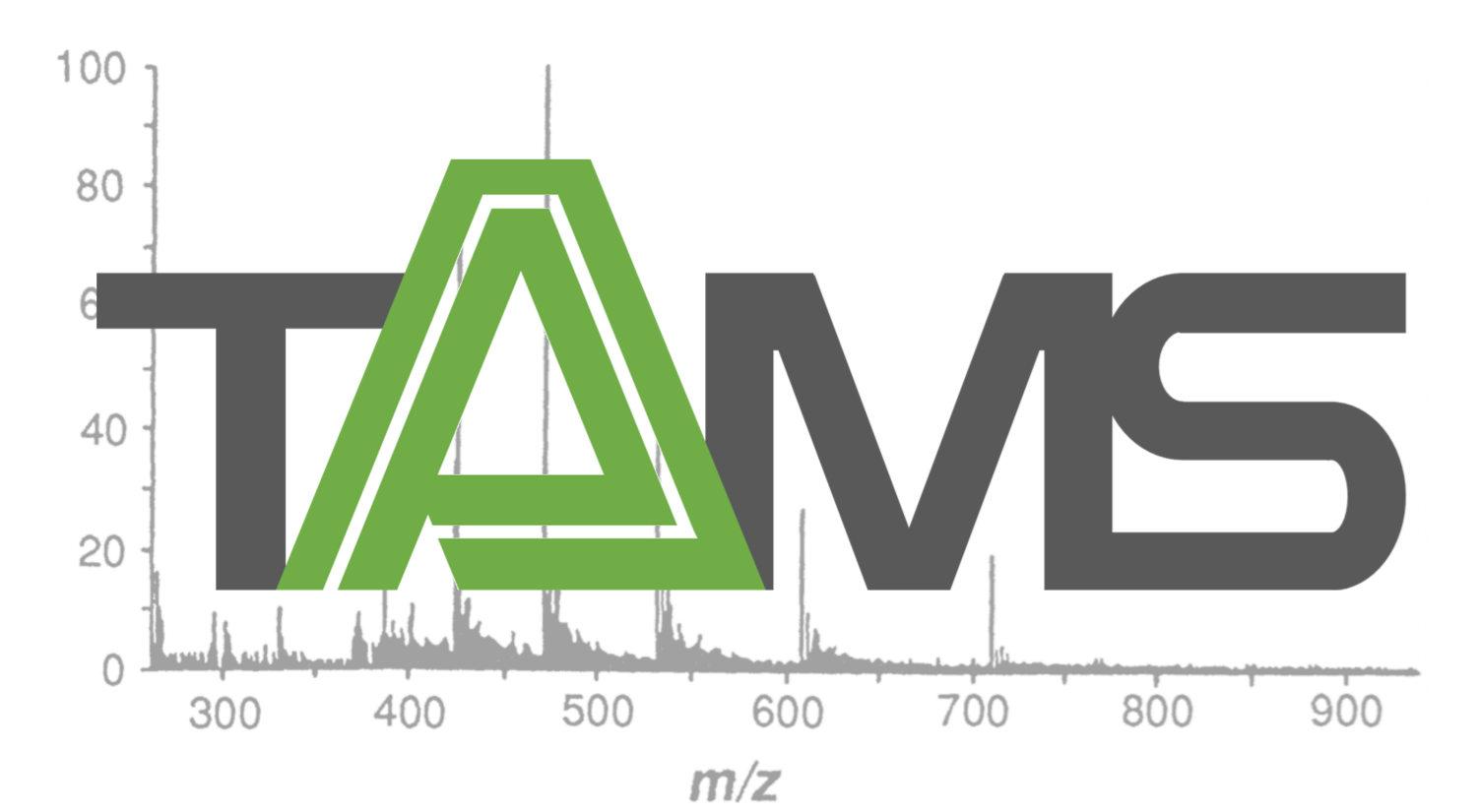Plenary Lecture:
“Proteomics and Mass Spectrometry: From Structure to Binding to Biomarkers”
Professor Joseph Loo, UCLA, Los Angeles, California
Mass spectrometry (MS) is a technique that weighs molecules, but this simple measurement can reveal much more than size. MS has capabilities to offer structural biologists layers of insight into the details of protein complexes. Mass measurements deliver information on stoichiometry of binding partners directly, even for multi-ligand hetero-complexes and molecular machines with masses well beyond 1 MDa. It can be used to generate topological information for large proteins and complexes and to probe ligand/drug-binding sites. MS is a key technology for proteomics, the large-scale study of proteins. Proteomics-based platforms can be used to discover new drug entities to combat human diseases. And the quantitative detection of protein biomarkers for human diseases and conditions can be aided by mass spectrometry and proteomics. Updates to our MS work on neurodegenerative diseases and traumatic brain injury will be presented.
Student Lecture:
“Development and Applications of a Miniature CE-ESI-MS Platform”
Mac Gilliland, Laboratory of Professor Michael Ramsey, UNC Chapel Hill, Department of Chemistry
The coupling of liquid chromatography (LC) and mass spectrometry (MS) via electrospray ionization (ESI) has become an incredibly powerful research tool, especially for biologically relevant analytes. There are many industrial and clinical applications that would benefit from having an LC-MS system on site. However, LC-MS platforms are often confined to laboratories run by specialists because they are large, expensive, complex, and require significant amounts of power. A smaller, less expensive, more portable, and simpler liquid phase separation-MS analytical platform could be used on site and applied to a wide range of fields such as: Process monitoring of bioreactors, Product characterization of pharmaceuticals, Forensics, Safety and security, Environmental monitoring, Metabolomics, and Clinical diagnostics
We are seeking to develop a miniature analytical platform for these applications based on microchip capillary electrophoresis (CE) devices and high pressure mass spectrometry (HPMS). Our lab has previously developed technology to integrate microfluidic CE separations with ESI to conduct high efficiency separations of small molecules, peptides, and proteins with the added benefit of MS detection. A microfluidic platform offers small sample volumes, short analysis times, and flow rates easily coupled to a mass spectrometer. Additionally, we have developed miniature ion trap based mass spectrometers capable of operation at pressures up to and exceeding 1 Torr, which we call HPMS. Operation of the mass spectrometer at 1 Torr reduces the pumping requirements, which significantly reduces the size, weight, and power requirements of the instrument.
These two miniature technologies are ideal candidates for creating a miniature liquid phase analysis-MS platform. The development of an interface to efficiently couple microchip CE-ESI devices and HPMS will be discussed. Separation and HPMS detection of compounds ranging from small molecules (amino acids) to proteins will be presented, with applications in bioreactor monitoring, drug detection, and intact protein analysis.
